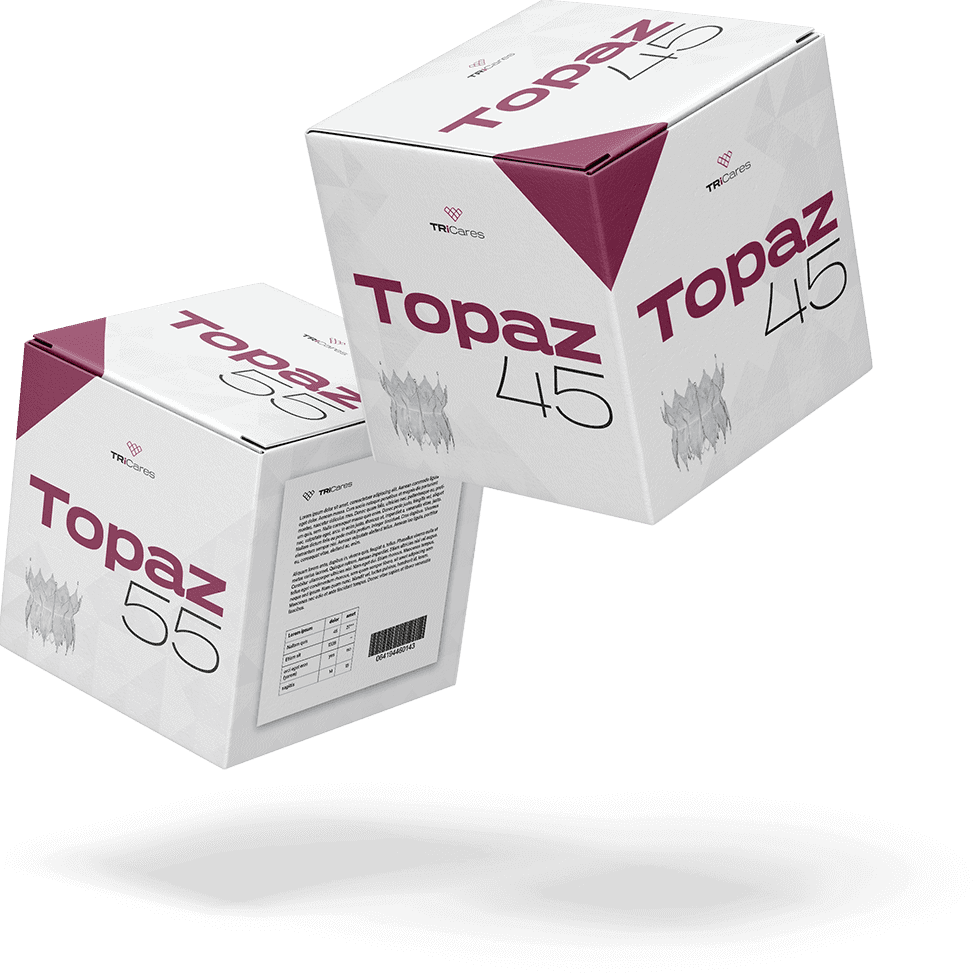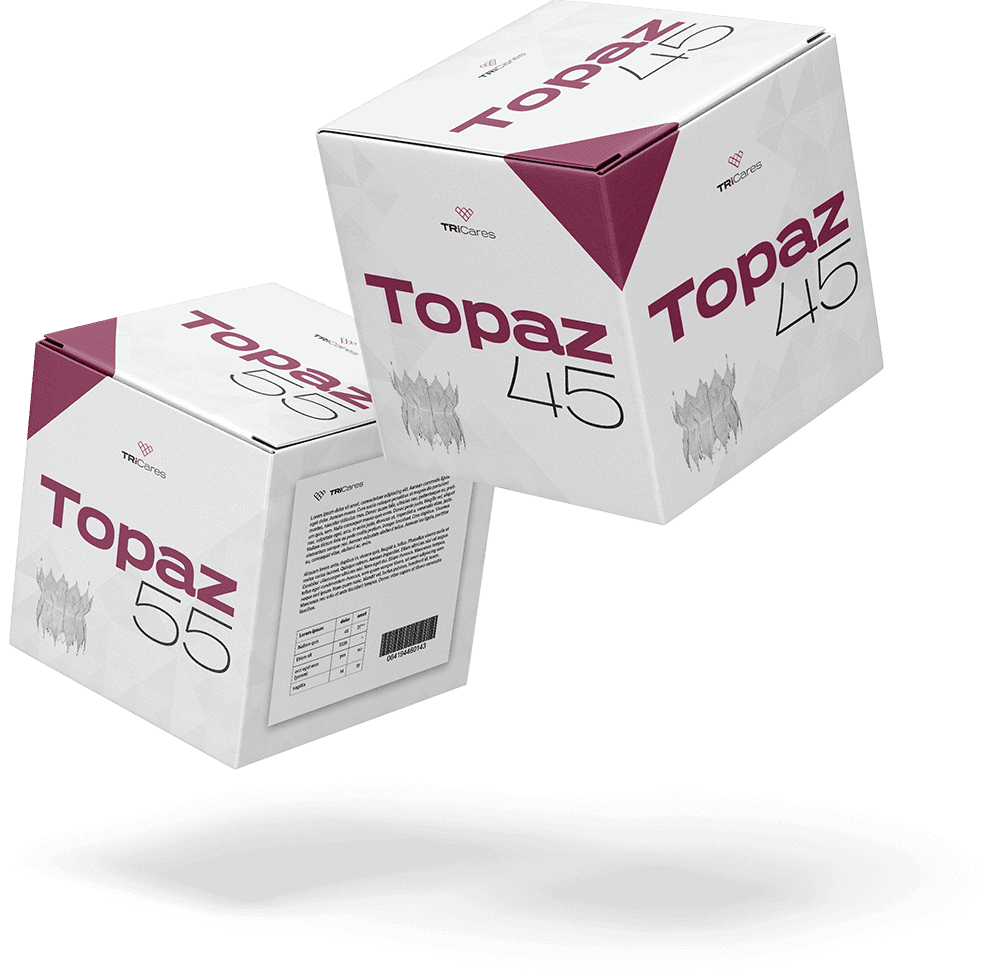TRiCares Announces Successful First in Human Implantations of Minimally Invasive Topaz Tricuspid Heart ...
TRiCares Announces Successful First in Human Implantations of Minimally Invasive Topaz Tricuspid Heart Valve Replacement System
Paris, France and Munich, Germany, July 5, 2021 – TRiCares SAS (“TRiCares”) a privately held pioneer in the field of minimally invasive treatment of tricuspid regurgitation, today is pleased to announce the successful first in human implantations of its Topaz transfemoral tricuspid heart valve replacement system (“Topaz”).
Heart valve diseases are among the most serious cardiac conditions affecting more than 12.7 million patients in Europe. In the last decade minimally invasive catheter-based solutions have been developed for other heart valve diseases, but none have been designed specifically for the tricuspid valve.
Tricuspid regurgitation is a frequent and serious disease for which open heart surgery and symptomatic pharmacologic treatment are the current standard treatment options. Owing to high mortality risk, access to open heart surgery is severely restricted and is not considered an option for more than 99% of patients with tricuspid regurgitation. The prognosis for patients without surgical repair is poor, with 2.2 years median survival. As such, there is an urgent need for minimally invasive, lower risk solutions to improve outcomes for patients with no other viable treatment options.
Topaz is an innovative device designed specifically to help patients suffering from severe tricuspid regurgitation without the need for open heart surgery. The Topaz device is the result of a French and German collaboration, and is implanted in a minimally invasive procedure through the patient’s femoral vein. It is designed specifically to fit the tricuspid valve anatomy and thus support ease of positioning and functionality.
Today’s announcement marks the successful first two implantations of Topaz in patients, which were done on a compassionate use basis.
The first patient to benefit from this technology is a 70-year-old woman with heart failure due to severe tricuspid regurgitation. She was no longer responding to medical treatment and considered inoperable given her condition and operative risk. The successful implantation of the Topaz tricuspid heart valve replacement system took place at University Hospital Henri Mondor in Créteil, France, on 7 June 2021, and was performed by Prof. Emmanuel Teiger and Dr. Romain Gallet de-Saint-Aurin with implantation time of 16 minutes. The Topaz device achieved complete correction of the tricuspid regurgitation, and the patient was discharged from hospital after four days and is returning to normal activity levels.

TRiCares Announces Successful First in Human Implantations of Minimally Invasive Topaz Tricuspid Heart Valve Replacement System PRESS RELEASE, July 5th 2021 For further information please contact: TRiCares SAS Helmut J. Straubinger, President and Chief Executive Officer Consilium Strategic Communications Matthew Cole, Chris Gardner T: +44 (0)20 3709 5700 2 | 3 tricares.com The second patient to benefit from this technology is an 86-year-old woman with torrential tricuspid regurgitation with a big coaptation gap between the leaflets of the tricuspid valve who also was not considered suitable for open heart surgery or a repair intervention.
The successful implantation of the Topaz tricuspid heart valve replacement system took place at Laboratoire du Centre Cardiologique du Nord in Saint-Denis, Paris, France on 28 June 2021, and was performed by Dr. Mohammed Nejjari and Dr. Julien Dreyfus with implantation time of 12 minutes. Again, the Topaz device achieved complete correction of the tricuspid regurgitation, and the patient was discharged from hospital after four days and is returning to normal activity levels. Both procedures were proctored by Prof. Dr. Hendrik Treede of the University Medical Centre in Mainz, Germany, and Prof. Dr. Ulrich Schäfer of Marien Hospital in Hamburg, Germany.
Building upon the success of these procedures, TRiCares is preparing a clinical study in the coming months to validate the value of its Topaz tricuspid heart valve replacement system for these types of patients, who until now have had no satisfactory treatment option. Prof. Teiger, Head of Cardiology at University Hospital Henri Mondor, commented, “I am pleased to have conducted this pioneering procedure with the Topaz tricuspid valve replacement system, through which we have achieved a successful life-saving outcome for a patient with no other viable treatment options.” Dr. Nejjari, interventional cardiologist at Laboratoire du Centre Cardiologique du Nord, commented, “The procedure is easy, intuitive and well controlled through the entire procedure, and it is remarkable how fast the patient recovered after the Topaz implantation.” Professor Dr. Treede, cardiac surgeon at the University Medical Centre in Mainz, who proctored both procedures, commented, “I am delighted to have overseen the successful first implantations of the Topaz tricuspid heart valve replacement system, which represents a significant advancement in the potential treatment options for patients with tricuspid regurgitation.”
Professor Dr. Schäfer, interventional cardiologist at Marien Hospital in Hamburg, who also proctored both procedures, commented, “These successful procedures demonstrate the ease of use and the controlled positioning of the Topaz tricuspid heart valve replacement system even in challenging patient anatomies.” Helmut Straubinger, CEO of TRiCares, commented, “I am very pleased to announce the successful first implantations of our Topaz tricuspid heart valve replacement system. I am proud of our team for developing an innovative solution which has the potential to benefit critically ill patients suffering from tricuspid regurgitation. These first results give us confidence as we look forward to a clinical study of Topaz in the coming months.”
Author
Dr. Arturo Urrios

